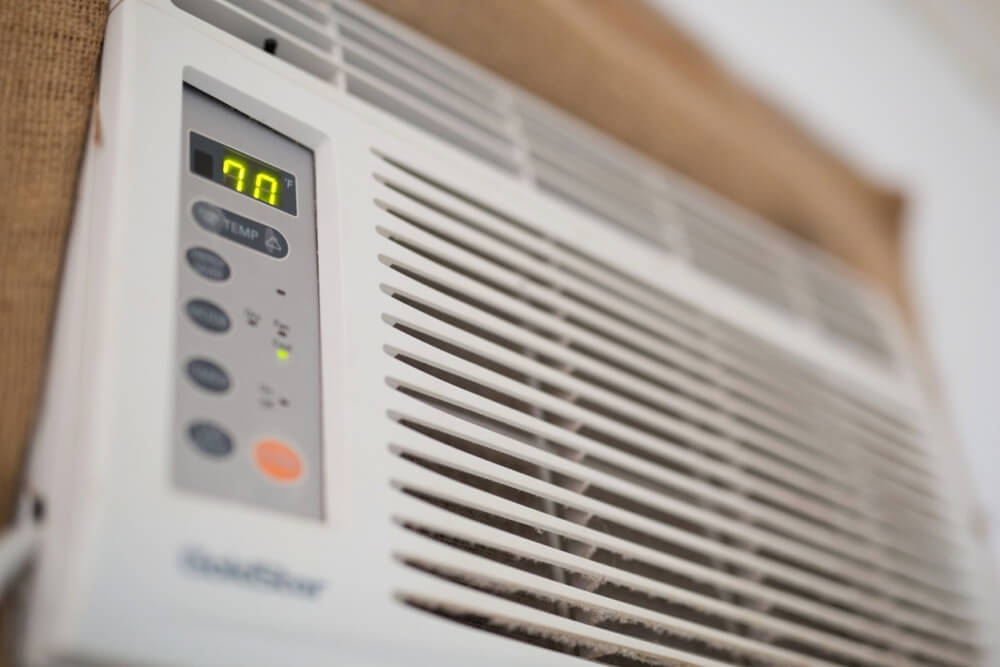Save up to $600 on heating and air conditioning costs
Simple tips to help shave hundreds off your hydro bill
Advertisement
Simple tips to help shave hundreds off your hydro bill

1. Caulking and weather-stripping around doors, windows and exterior wall electrical outlets to keep the moist hot air out in the summer, and warm air in during the winter.
2. Install high-efficiency windows. Up to 30% of the heating and cooling costs in a home can be lost through poorly fitted windows and doors.
3. Checking that there is at least 16 inches of insulation in the attic – anything less and homeowners will need to budget to get it topped up. A properly insulated home is one of the fastest and most cost effective ways to cut down on heating and cooling costs.
4. Replacing an HVAC system that’s older than 15 to 17 years with a high-efficiency air conditioner and furnace.
5. Upgrading a traditional hot water heater to a tankless or condensing water heater can save up to 40% in energy consumption. Or you can wrap your hot water tank in a blanket for improved energy consumption and savings.
However, the cost for some of these upgrades may be prohibitive for some. For those on a budget, consider the following zero cost ways to reduce home energy costs:–> Use electricity at off-peak times. Do laundry and run the dishwasher on weekdays from 7:00 p.m. to 7:00 a.m. and all day on weekends and holidays when electricity prices are lower to save up to 8.1 cents per kilowatt hour.
–> Replace furnace filters every three months to save as much as $50 a year on energy. Clogged filters mean that furnace motors must work harder and use more energy.
–> Increase the temperature setting on the thermostat by a couple of degrees. Save 2% to 3% for every degree higher than 22 degrees Celsius.
–> Replace incandescent light bulbs with energy-saving bulbs. Energy-efficient light bulbs, like CFLs and LEDs, use up to 75% less energy than traditional light bulbs and can last up to 10 times longer.
–> Unplug vampire electronics while away on vacation or when they’re not in use. Vampire electronics are the household appliances and devices, such as computers, televisions and chargers, which suck away at energy even when turned off. Even the average older home desktop computer uses about 311.0 kilowatt hours annually when in standby mode, costing approximately $24 a year.
–> Keep the curtains closed. Close south and west facing curtains, drapes or blinds during the day to block out the high summer sun and keep the home cooler.
Read more from Romana King at Home Owner on Facebook »Share this article Share on Facebook Share on Twitter Share on Linkedin Share on Reddit Share on Email